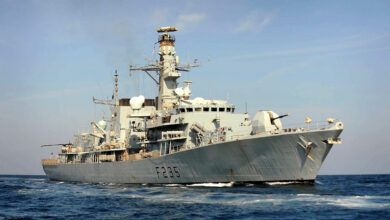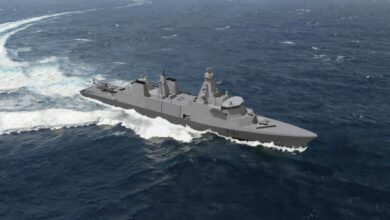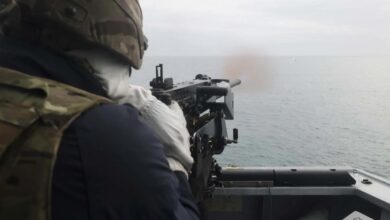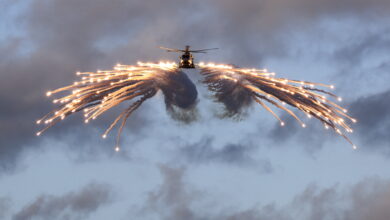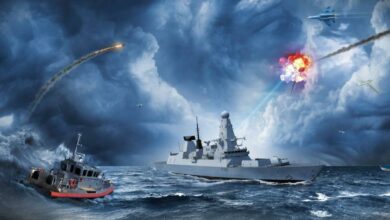The Royal Navy has created a new elite team of divers to combat evolving threats and protect the naval fleet.
The divers, who were earlier part of the navy’s Long-Standing Fleet Diving Squadron, will be replaced with the latest team under the name Diving & Threat Exploitation Group (DTXG).
The navy has called the reform the biggest shake-up since 1996.
The DTXG will be based in Portsmouth and Faslane. It will be trained for various missions, including disposal of historic ordnance, defusing improvised explosive devices, clearing sea mines, and counter-terrorism.
“This once-in-a-generation transformation has enabled the Royal Navy’s Clearance Divers to be the most agile, lethal and technically advanced they have ever been,” Commander Sean Heaton said in a statement.
“Capable of locating, exploiting, and disposing of threats to the Royal Navy and the UK’s interests, all while remaining ready to conduct emergency underwater maintenance to our ships and submarines,” Heaton added.
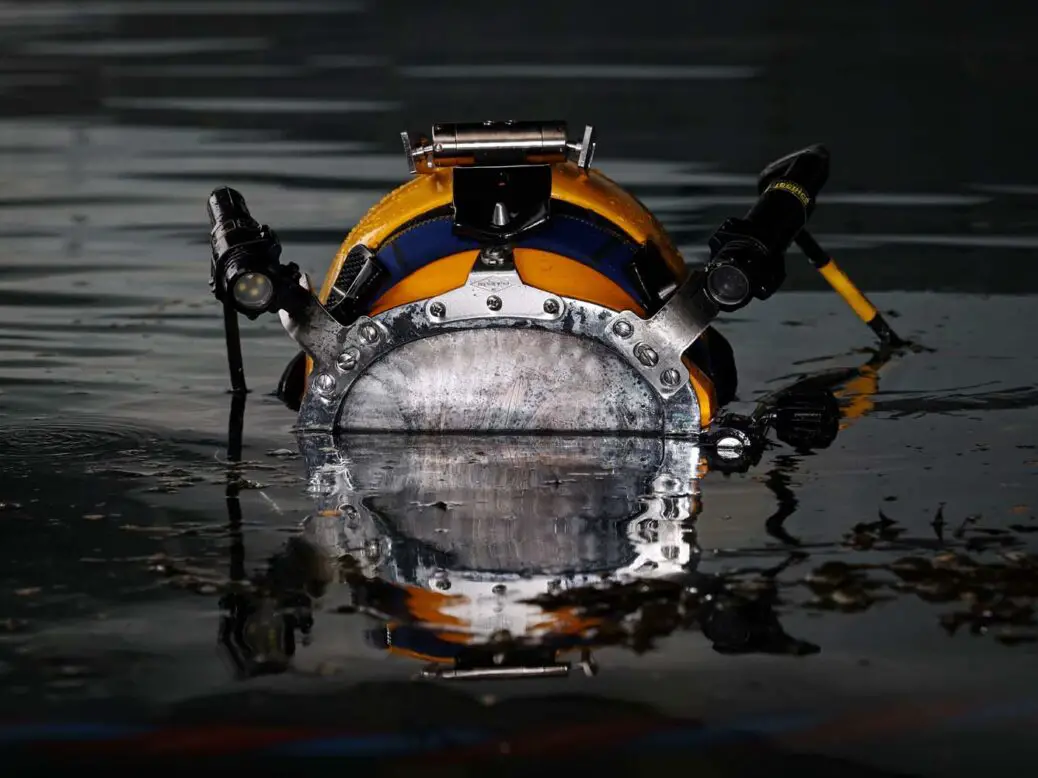
New Missions and Special Operations
The emergency underwater maintenance on warships will include the Queen Elizabeth-Class carriers. The DTXG will also execute special operations, including missions for NATO and allies around the globe.
The Royal Navy divers will be deployed to the United States and European nations, including France, Norway, and Iceland, and military partners in the Middle East.
The creation of the new team will provide flexibility to the British Navy to conduct exercises in countries the UK has not worked with before. It will also allow the group to develop new maritime skills and evolve for future navy operations.
Increasing Navy Budget
The UK Defense Ministry has issued an update to the “Defence Equipment Plan” from 2021-2031, which is expected to increase naval spending over the next decade.
The navy is planning to spend 38.1 billion pounds ($49.8 billion) for the procurement of equipment over the next decade against 30.6 billion pounds ($40 billion) spent during the previous planning period.



